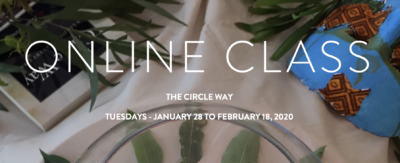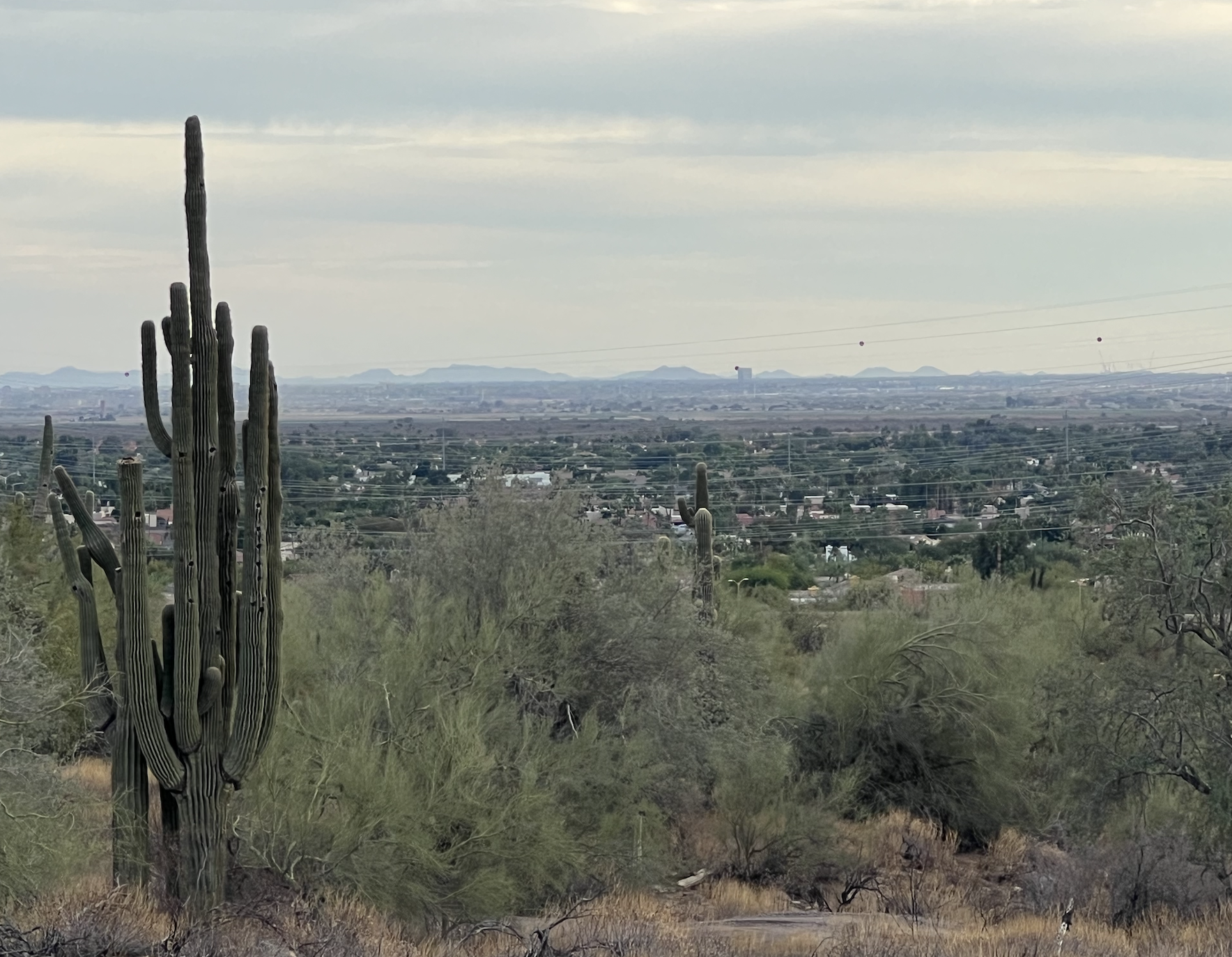
I’m prepping for today’s online class that I co-host with Amanda Fenton, The Circle Way: Introducing and Nuancing The Components Wheel. Today is the fourth of four classes. The theme is “Integrating Practice and Learning.” I love the class. I love the showing up with presence in virtual space. I love the insights that come.
In prepping for today, Amanda and I invite questions from the group — “Is there more that you would like to give attention to?” It’s done in advance so that she and I have a few days to mill over what we would like to offer. It’s intended to help people harvest some of their learning, which is often, a next set of questions.
I’ve noticed a pattern of questions, having offered this class with ten groups over the last three years. On the one hand, people ask “how-to” questions. They want detail. They value stories of application, both successes and failures. I continue to find that there are specific and practiced skills that are important to cultivate. I have a few versions of quite direct “just do this” and “just don’t do this.” I’m still learning to articulate all of that. And on the other hand, people ask what I would call “disposition” questions. They want to get something that is underneath the “how-to.”
I suppose I love both kinds of questions. However, I find that if “how-to” is dislocated from “disposition,” and the deeper premises, then the responses to how-to questions never seem to quite last.
Here’s one of the deeper premises, for example, behind how to ask good questions. As “how-to” I would suggestions questions that are as simple, and short as possible. What is important in what we do today? What matters now? What are you learning (that influences who we are as a group)? These are all rich with potential.
As “disposition,” I would suggest that good questions are the ones that give individuals and the group a chance to reveal more of themselves, or itself, to each other. They provide opportunity and invitation to speak with honesty and vulnerability. It’s not a dare to share. It’s not juvenile bravado. Rather, these questions invoke and legitimize a deep longing to belong. When honesty is contributed to a center, or witnessed from a center, the health of the group and its people is generally strengthened. I would suggest that people hunger for honesty, and wisdom together — because we as humans are coded to be such. Societal pattern may block us in the simple practices of that. Or shame us. But that isn’t to be confused with a wrong or silly approach that invites more honesty. It is my observation that when people are given opportunity to be honest, and often in the container that is circle, they recognize and respond in more life-affirming ways with self and with each other.
There is gold in the details and the how-to. Let’s not forget that there is also gold in the disposition. When we change (or experiment) with who we are and what we think on the inside, it changes so much more of what we do and see on the outside.
